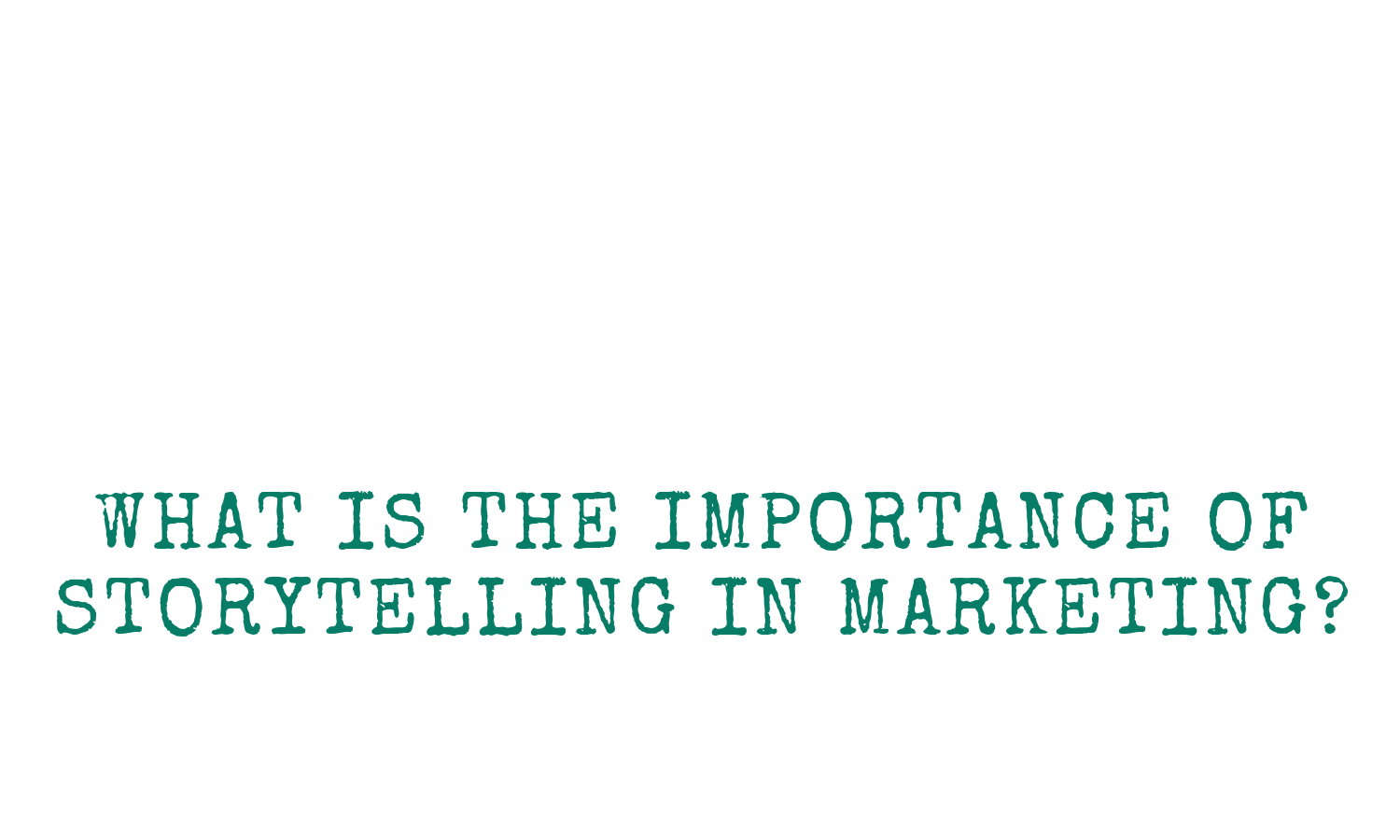Bad Storytelling: 7 Things That Can Ruin Your Story
What makes a solid story? Is it the diction? The organization? The creativity? Is there one thing that makes a story “good,” or is there an essence to a good story that can’t be seen or named? When it comes to storytelling, there are many facets of great work, but when it comes to ruining your narrative, things can go south real quick.
Take a look at the 7 aspects of writing listed below to learn how to tell a story—error free.
1. Word Choice: The word choice, or diction, we choose is based on multiple aspects of our identities. Slang or word meaning can differ and vary depending on where you currently live, where you grew up, and what you are currently reading and watching. It may not feel important when you are telling your narrative from your own heart, but word choice matters, especially in marketing. Are there words your readers may not understand? Are you trying to amplify the academic quality of words to reach a certain audience? Or are you simply putting your thoughts down on the page and hoping for the best? When it comes to diction, be mindful of your audience and how you balance their needs with your authentic voice. The words you choose will ultimately create your tone and the mood of the piece. Ask yourself: What is your attitude regarding the topic at hand, and what do you want your readers to feel?
2. Bad Grammar: While grammar is something we dread in school, and a byproduct of colonization, there is something to be said about how we form our sentences to create meaning. While you don’t need to be grammatically perfect to get your point across, you do want to ensure the meaning you intend is the meaning that is given to readers/viewers. Grammar mistakes can negate intended meaning and end up harming your narrative. Always remember the adage about grandma: “Let’s eat Grandma” versus “Let’s eat, Grandma.”
3. Spelling Errors: If you grew up before the internet, you know the time and energy that went into memorizing spelling and the hassle of carrying a pocket dictionary. In the 2000s, there is no excuse for bad spelling. Always make sure you spell check your work. Heck, the computer will do it for you, and your phone can autocorrect while you type! Spelling errors can detract from meaning, and whether we want to believe it or not, can deter from the authority of a piece.
4. Organization: The order in which you tell your story is everything. It is the crux of reader comprehension and can cause a reader to stop mid read if they become lost or confused. You want your piece to flow, and to do so, the reader needs the right information at the right time. Whether you are a fiction writer or writing news stories, organization matters. Ask yourself: Is chronological the way to go, or should I give them a flash of the twist and then start from the beginning? Be mindful of flashbacks and be sure to give your readers the information they need to find the meaning you intend. You wouldn’t give driving directions out of order; think of storytelling in the same way.
5. Rambling: While we may enjoy hearing ourselves talk, others may not. When it comes to telling your story, it’s your duty to decide which information makes the cut and which information must go. While they say “kill your darlings” when it comes to words and phrases, kill your darlings can also apply to information that you might find meaningful, yet that information isn’t necessary to the story. Be okay with cutting details from your piece. Remember, your goal is to get your story out into the world, sell your product, or share your knowledge. Make your content relatable and manageable for your reader. Be okay with knowing you won’t be able to share it all in one sitting. Rambling, just like organization issues, can cause readers to stop reading and avoid your work.
6. Mixed Messages: Depending on your content, mixed messages might occur. Yes, it’s important to live in the grey and avoid black and white thinking, but if you’re constantly changing your message, you may lose readers/viewers based on your credibility. There is a difference between acknowledging both sides of an argument and going against your own point in a piece of writing. Think about the meaning you intend first, highlight that argument, and remove the rest. Don’t discount your voice. Figure out what you’re trying to say and just say it.
7. Offensive Content: In world where tensions are running high and healing is necessary, it’s important to be cognizant of your message. From diction to jokes, be thoughtful when it comes to your content. Jokes are funny, and they can be harmful and divisive. Diction can be used to express feelings and meaning, and it can be used to malign and cause violence. Follow the old rule of thinking before you speak. You don’t want to censor yourself, but you also don’t want to marginalize groups of readers/viewers.
Telling your story isn’t about being perfect, but there are ways you can revise your writing to ensure you are promoting your message and keep readers engaged. Whether you’re a blogger, social media content creator, or an aspiring writer, these tips can come in handy--no matter the project.
While everyone’s story is different and will ultimately be told in different ways, there are pitfalls to avoid when it comes to creating your narrative. If you’re struggling to get it “right” or aren’t a writer by nature, reach out to The Storyteller Agency. We provide quality content for your company’s outreach and authentic narratives that will match your mission. Contact us today!






